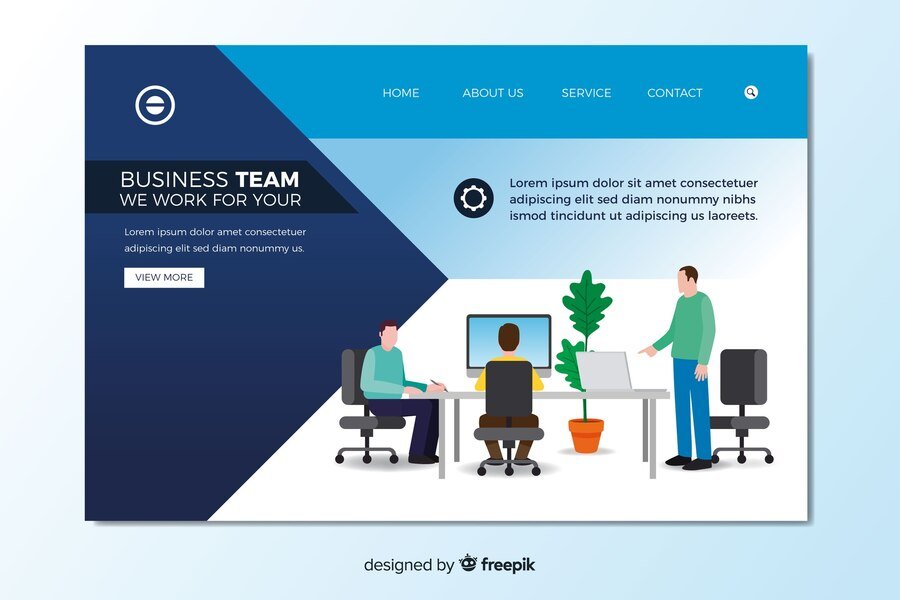In the dynamic landscape of digital commerce, selecting the right e-commerce platform is crucial for the success and growth of your business. Whether you are launching a new venture or seeking to upgrade your existing online store, the platform you choose will significantly impact your operations, customer experience, and scalability. With a myriad of options available, each offering unique features and capabilities, navigating this decision requires careful consideration and strategic planning.
Understanding Your Business Needs
Before delving into the features of various e-commerce platforms, it is essential to assess your business needs comprehensively. Consider the following aspects:
- Nature of Your Products: Are you selling physical goods, digital products, or services? The type of products you offer will influence the features and functionalities you require from the platform.
- Scale and Growth Plans: Do you anticipate rapid growth or seasonal fluctuations in sales? Scalability should be a primary consideration to ensure that the platform can accommodate your future expansion needs.
- Budget: What is your budget for e-commerce technology? Determine your financial constraints and weigh them against the features offered by different platforms.
- Technical Expertise: Assess the technical proficiency of your team. Some platforms are more user-friendly and require minimal technical knowledge, while others offer extensive customization options that may necessitate developer support.
- Integration Requirements: Consider your existing systems (such as CRM, ERP, or accounting software) that need to integrate with the e-commerce platform. Compatibility and ease of integration are crucial for seamless operations.
Key Features to Look For
When evaluating e-commerce platforms, certain features are fundamental to delivering a superior customer experience and optimizing backend operations:
- Ease of Use: A user-friendly interface is essential for managing products, processing orders, and analyzing sales data without technical hurdles.
- Mobile Responsiveness: With the rise in mobile shopping, ensure that the platform offers responsive design and a seamless mobile experience.
- Payment Gateways: Support for multiple payment options and integration with popular payment gateways is crucial for accommodating customer preferences.
- SEO and Marketing Tools: Robust SEO capabilities, built-in marketing tools (such as email marketing and promotions), and analytics are vital for driving traffic and increasing conversions.
- Security and Compliance: The platform should adhere to industry security standards (like PCI DSS compliance) to protect customer data and ensure secure transactions.
- Scalability and Performance: As your business grows, the platform should scale effortlessly to handle increased traffic and transactions without compromising performance.
Types of E-commerce Platforms
E-commerce platforms can be broadly categorized into three types based on deployment and customization options:
- Hosted Platforms: These platforms host your store on their servers and manage technical aspects like security and updates. Examples include Shopify, BigCommerce, and Wix eCommerce. They are ideal for beginners or small businesses lacking technical expertise.
- Self-Hosted Platforms: Platforms like WooCommerce (WordPress plugin) and Magento require you to host the store on your servers. They offer greater flexibility and customization but require more technical knowledge and maintenance.
- Open-Source Platforms: Open-source platforms like OpenCart and PrestaShop are free to use and highly customizable. They provide full control over the code but require technical expertise for setup, maintenance, and security.
Making the Decision
Choosing the right e-commerce platform involves a structured decision-making process:
- Research and Comparison: Conduct thorough research, read reviews, and compare features to shortlist platforms that align with your business needs.
- Trial and Testing: Many platforms offer free trials or demos. Take advantage of these to explore the platform’s interface, features, and compatibility with your business requirements.
- Consultation: Seek advice from e-commerce experts, industry peers, or consultants who can provide insights based on their experience and knowledge of different platforms.
- Future Proofing: Consider your long-term goals and ensure that the platform can support your business as it grows and evolves.
- Support and Community: Evaluate the platform’s customer support options, documentation, and community forums. A robust support system can be invaluable when facing technical issues or seeking guidance.
Conclusion
Selecting the right e-commerce platform is a pivotal decision that impacts various aspects of your business, from operations to customer satisfaction and growth potential. By carefully assessing your business needs, evaluating key features, and considering the scalability and support offered by different platforms, you can make an informed choice that sets your online store up for success.













